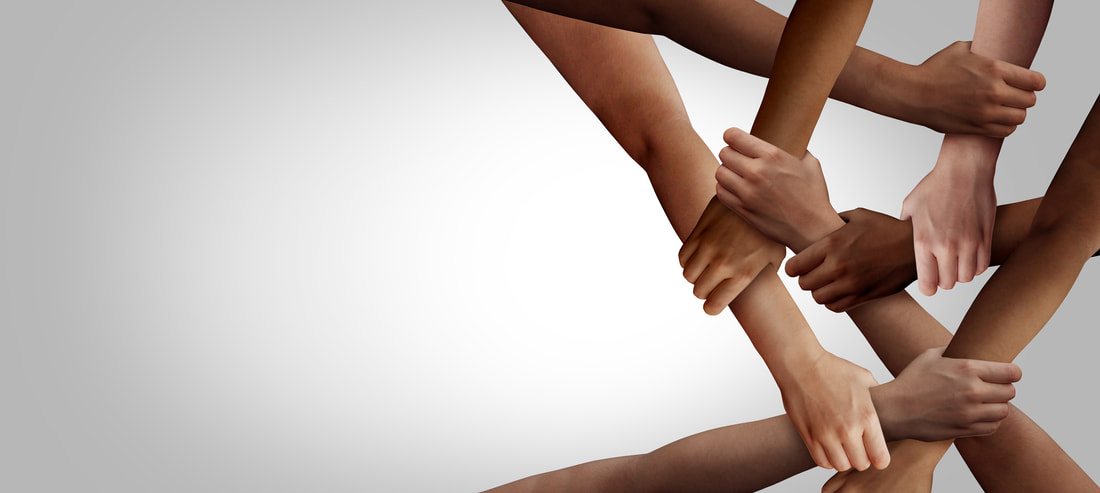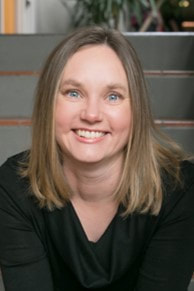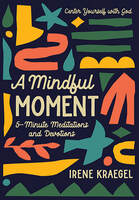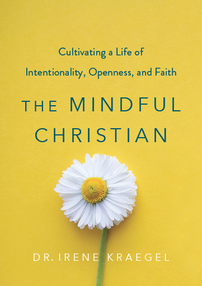|
The Mess We're In
Race relations in the United States (and around the world) are incredibly complex. The chronic challenges faced by our BIPOC friends are immense, as is the communal woundedness that all people have been dealt by our systems of racial inequity and oppression. Racism has certainly benefited people of privilege and power throughout history (mostly white folks like me), but racism has also benefited no one's soul ever - it’s ugly and it has hurt us all. We have all been born into a race-related mess, and we all participate in that ongoing mess. If there is another option, no one has figured it out yet. Wherever we and our ancestors have fallen on the oppressor/oppressed continuum throughout history, we are all worse off because we do not live in a society where all can flourish. We do not get to learn from one another as we should. We do not get to access one another's gifts as we should. We do not get to see all of who God is because we are so bad at opening our eyes to all of who his image bearers are. We keep hurting each other, even when it's not intentional. We all suffer, just as described in 1 Corinthians 12:26 -"If one member suffers, all suffer together with it." Honest conversations about race are often very painful and confusing. Sometimes I feel as if I don’t have a right to express my own personal woundedness related to racial identity - I am fearful of displaying "white fragility," fearful of being judged as overly sensitive when I feel hurt. I shake in my shoes bringing up the topic, knowing that I'll get something wrong (and I hate being wrong). While there are plenty of folks more courageous than I who write and speak about this all the time (thank you!), all of us need to have these conversations if we are going to heal our collective wounds. Mindfulness & Racial Reconciliation So how do we have the hard conversations about race and racism with skill and care? One helpful tip (surprising no one in the context of this blog) is...mindfulness. A friend of mine who administers & debriefs the Intercultural Development Inventory (IDI) claims that mindfulness is the one tool she has seen move the needle significantly on people's level of intercultural competence, increasing their ability to effectively participate in the hard work of racial reconciliation. It's that helpful. Why? It's because difficult discussions about racism go best under mindful conditions:
If you're interested in reading more about the benefits of mindfulness in increasing intercultural competence, here are some helpful online resources to explore:
Practicing formal mindfulness meditation before and after race-related discussions can be a powerful experience, helping us calm agitation, release defensiveness, open awareness, and clarify next steps. Practicing informal mindful awareness in the midst of race-related discussions can change the direction of those conversations. Learning these mindfulness skills takes some training and practice before we're ready to use them in the midst of heated conversations about race. Some Guiding Questions Another way to mindfully strengthen your intercultural competence is to take some time increasing awareness of your own racial identity and race-related experiences. This is crucial in your preparedness for difficult conversations related to race - you need to know yourself before you will have the mental and emotional space to know others. Here are some questions you might consider in your journal or in conversation with someone you trust:
I share here Chimamanda Ngozi Adichie's TED Talk called The Danger of a Single Story - a powerful illustration of how important it is to be aware of the stories going through our heads if we want to avoid harmful bias. "Stereotypes...make one story become the only story," she says. This is what mindfulness can help us with - becoming aware of our expectations, our assumptions, and our judgments - becoming aware of the stories we are telling ourselves as we interact with one another. With mindfulness, we increase our chances of noticing and taking in new, corrective, healing stories. This is the work of racial reconciliation, and this is where mindfulness can help. Let's keep growing in this together!
3 Comments
|
Author
I am Irene Kraegel. I am licensed as a clinical psychologist and teach mindfulness on a faith-based university campus. I practice mindfulness because it opens me up to God (a.k.a. brings joy). I am writing here in hopes of sharing some of my experiences and thoughts related to the practice of mindfulness in the life of a Christian. Thanks for reading! Books
Blog archives
December 2023
|



